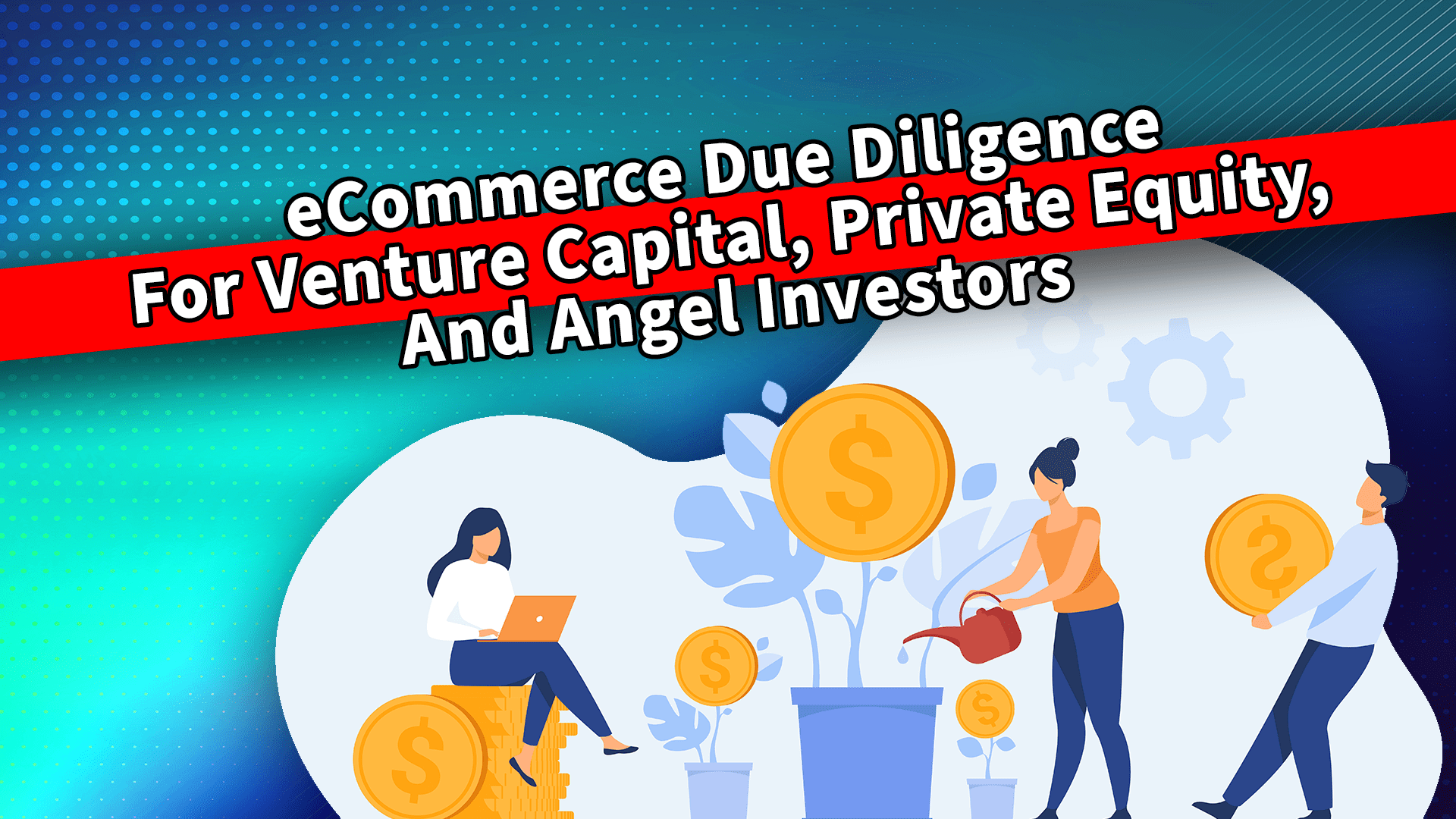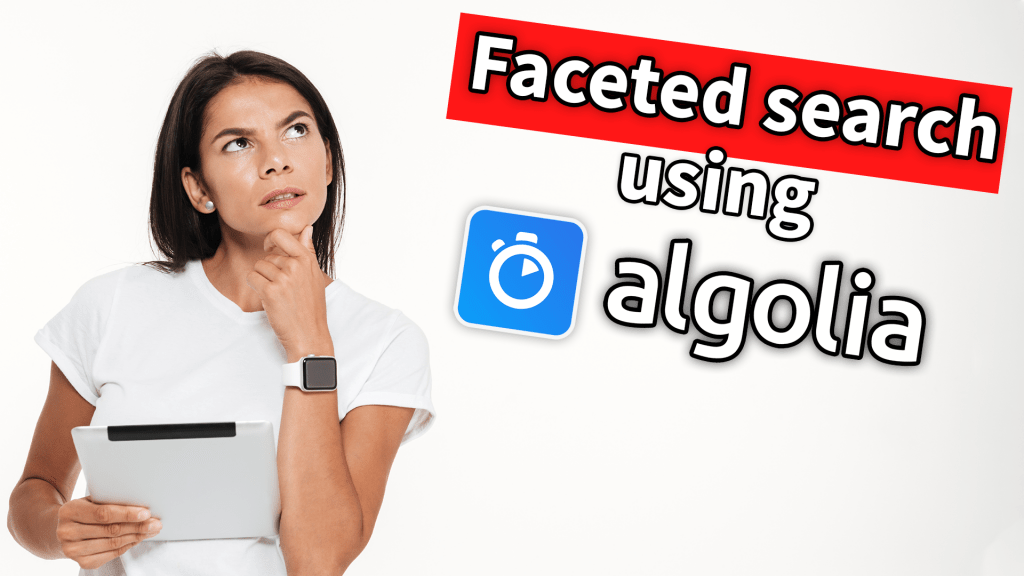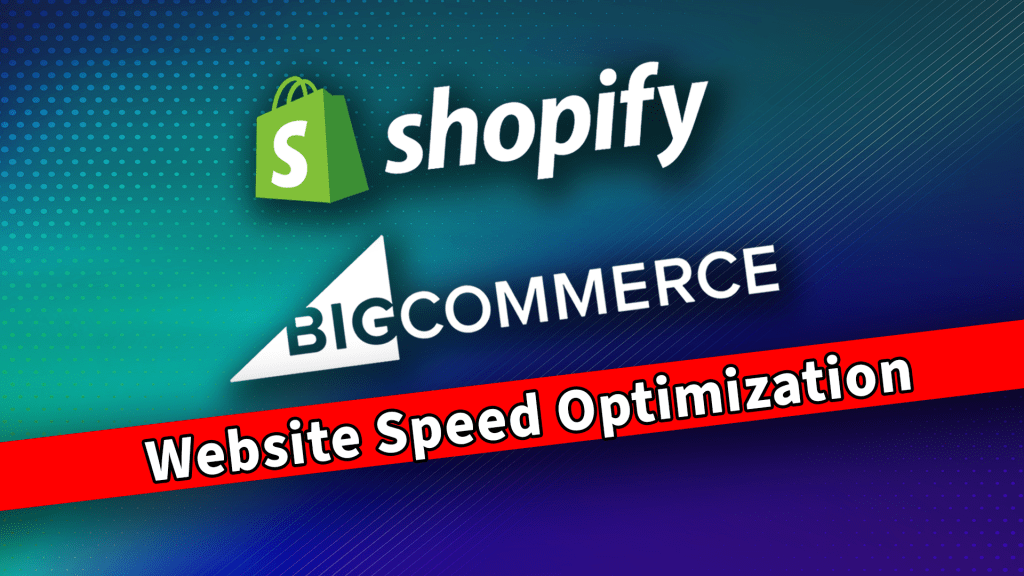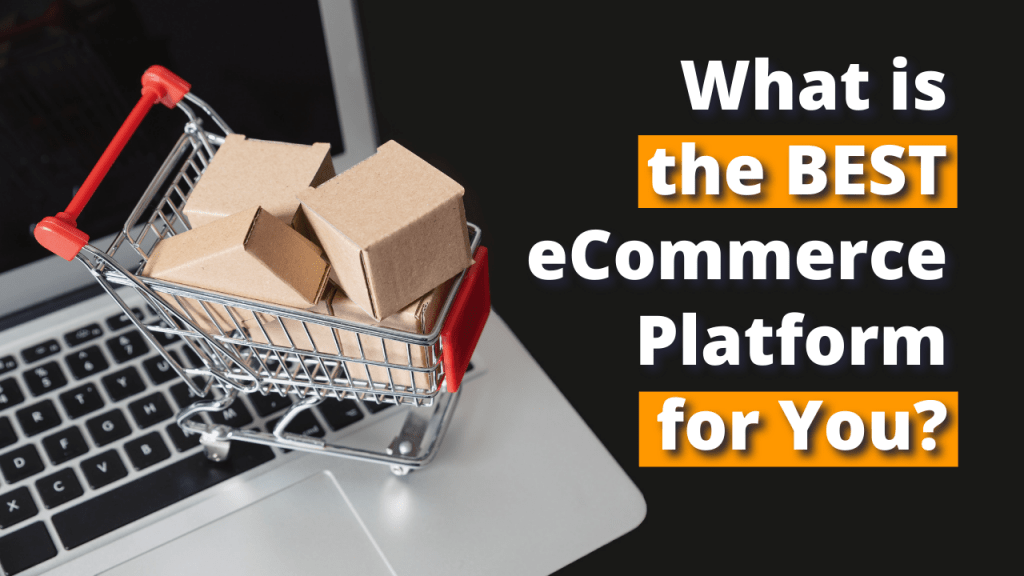Prospects often ask about due diligence for venture capital, private equity and angel investors. They will schedule an appointment to ask, “I’m thinking about buying this eCommerce business. To do so, I must break down what they’ve done so far, what their technologies are, what kind of marketing initiatives have they done, and how they are measuring metrics.”
Early Stages Of Mergers And Acquisition
They want to pay the right amount and negotiate because it’s not only about what’s in the income statement or the balance sheet. An eCommerce business might have intangible assets like visibility and different technologies.
Optimum7 has a mergers and acquisitions checklist for eCommerce, but there are details with operations as well. They might be doing drop shipping from third-party logistics, relationships with their customers that will be lost when it changes ownership.
Steps To Analyze Purchase Or Investment Of An eCommerce Small Business
What do you think are the top three things that you need to look at when you are trying to acquire or invest into an eCommerce business?
Customer lifetime value, engaged users, and organic visibility. The process to uncover all of these is pretty extensive.
Perform a full, deep dive marketing analysis of that business.
Identify where they’re generating their users from, whether it be organic, paid, so on. At the same time you need to then see from a revenue standpoint. With a full in-depth marketing analysis, look at the following KPIs: customer acquisition costs, customer lifetime value, average order value, return visitors, new visitors coming to the site, and of course, what channels are driving these individuals to the site.
Identify the technology used, as well as the operating costs.
What technology are they using? How can they utilize additional technology or cut costs? How is the backend operation from a merchandise standpoint?
Where are they sourcing these products? Could they potentially be saving money there and increasing their margins?
Analyze the fulfillment.
At the end of the day, fulfillment arrives from the forward facing operation, revenue generators, technology, and backend infrastructure. These private equity firms and VCs don’t fully have the personnel in-house to be able to dissect each and every one of these to decide on if they’re going to see a return on investment from purchasing that eCommerce store and when. Optimum7 steps in during these situations.
As an investor, you’re looking at the growth rate. For any business, deep dive into the past five years. Studying the growth rate of an eCommerce business means looking at today’s data, which is what they have done so far.
Project the potential growth or opportunity in what you can change or save. It’s more about making rather than saving money though, because with eCommerce you can get explosive growth if you’re doing the right execution and strategy respectively.
Due Diligence For Venture Capitalists
Due diligence is not only about the current state of the business, operations, marketing growth opportunities. It’s about the business’s future value as well.
Optimum7 owns the company’s eCommerce operations. The team knows the steps that you need to go through and the exact formula of a CPA, cost per acquisition, average order volume and lifetime value. Then the owners can determine a price.
Objective is very important as well. Private equity and VCs want to build and sell it. Look at that formula of what a potential buyer is going to look at, who might be a potential buyer for the specific business?
Angels want to exponentially increase their money with a specific investment. For them, look at the owner or operator. Are they one hundred percent in this business? Are they doing the right things?
Do they need coaching? It depends on what level of acquisition. Is it a half a million dollar acquisition, or is it a $20 million acquisition?
The scaling phases are all different. This is why this process is incredibly important. If you’re an investor, VC, or private equity firm looking to invest in or buy an eCommerce business, pay attention to these specific elements and objectives.
The process starts with a very basic conversation. Even if you don’t know which eCommerce business you’re going to buy, some clients want to buy. Optimum7 doesn’t broker deals but rather finds opportunities. The specialists view a brand, determining if it’s ripe or established.
What is the legal component?
Disclosure: Optimum7 team members aren’t lawyers and can’t give legal advice. Outside attorneys help merge the due diligence process with any relevant legal matters.
How does hiring an attorney actually save money or opportunity as an investor?
Business attorneys step in during this due diligence process. Their services are extremely beneficial for these VCs and equity funds and angels.
Why is this so valuable for them from a pricing slash time and conditions standpoint?
A due diligence process is a negotiation. You say, “My business is worth this much.” The investor signs an NDA and a non-compete as well as any relevant agreements. Legal needs to review or draft any documents.
An investor looks at every single aspect of this business; an outside CFO firm also checks the books. A good investor looks at the financial, technology, operations. Due diligence determines if the business is worth that money and what the missing elements are for that growth strategy.
How Does Due Diligence Assess eCommerce Brands?
Due diligence affects the business cost by uncovering new factors. The person who hires Optimum7 can affect the outcome. The VC or the acquisition side has a different goal compared to an eCommerce business owner.
These conversations start six to twelve months before you actually decide to sell or buy an eCommerce business. You don’t just wake up one day and say, “I’m going to buy or invest in Business X.”
Optimum7 educates clients in having the highest net worth amount possible. To do so, they must have their technologies in place.
If they have a B2B operation, you have to implement Salesforce. There’s no way around it. If you are 100% B2C, you require a nurture process.
This is why the legal side of it is very important. Optimum7 remains involved with the attorney in creating that purchase contract to negotiate for different clauses. There might be an earn-out rather than a direct purchase.
You might be buying only 51% of the business, leaving the owner or operator there to acquire an earn-out at the end of five years. Legal needs to be involved because of these different structures.
That’s it for the mergers and acquisitions side of this for this week. The Optimum7 team will talk to you guys next week.






